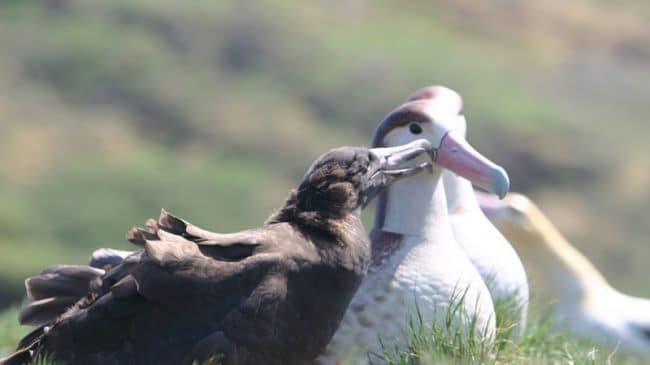In an interesting twist, the Endangered Species Act may prevent the U.S. government from subsidizing an iron ore mine in Australia. Three U.S. environmental pressure groups are challenging the decision by the U.S. Export-Import Bank to provide a loan to the Roy Hill iron ore mine project in Western Australia. If the challenge is successful, the loan may be withdrawn.
The link between the Endangered Species Act and the Export-Import Bank is that under the Act federal agencies are required to assess whether their actions will negatively impact endangered and threatened species, including the 628 foreign species currently listed. If there are negative impacts, then the proposed action, such as loan for the iron mine, can be terminated for being in violation of the Act. Several environmental pressure groups claim the port being built by the mine’s owners to export the iron ore will negatively impact a number of endangered species, including sea turtles, the saltwater crocodile and dugong (a relative of the manatee).
The Export-Import Bank approved the loan because the mine’s owners have agreed to purchase U.S. mining equipment, such as giant dump trucks from Caterpillar and rail equipment from General Electric, and this is supposedly good for the U.S. economy. In reality, the Export Import Bank is a prime example of corporate welfare, as Reason has detailed here and here, as well as cronyism because powerful, politically connected companies tilt the process in their favor to the detriment of less powerful companies. In the case of the Australian mine, Cliffs Natural Resources, which owns four iron ore mines in Minnesota and Michigan, opposed the Export-Import Bank loan because it would undercut their operations and cost an estimated $1.8 billion to the U.S. iron ore industry over the eight-year life span of the loan. Such is the zero-sum game of the Export-Import Bank and the government picking winners instead of the marketplace.
If projects like the Australian mine are such good opportunities for U.S. corporations to make money, then let them assume the risks, not U.S. taxpayers who are on the hook if Export Import Bank loans go bad. It’s also strange that the $694 million Export Import Bank loan is being portrayed by mine proponents as jeopardizing the future of the mine, when it’s only a relatively small part of the $7 billion the mine’s owners are trying to raise.
With the Export Import Bank’s charter due to expire in September, there is increasing pressure to abolish the Bank from across the political spectrum, including Republicans like Representative Jeb Hensarling of Texas and Senator Mike Lee of Utah, to Democrats such as Senator Elizabeth Warren of Massachusetts, and Senator Bernie Sanders of Vermont, who is an Independent but usually votes with Democrats. While opposition to the Export-Import Bank tends to come from those against of corporate welfare, such as Ralph Nader, and fiscal conservatives, including a coalition led by Americans for Prosperity, the loan for the Australian iron mine shows that opposition can come from unusual sources, including environmental pressure groups wielding the much-feared Endangered Species Act.
